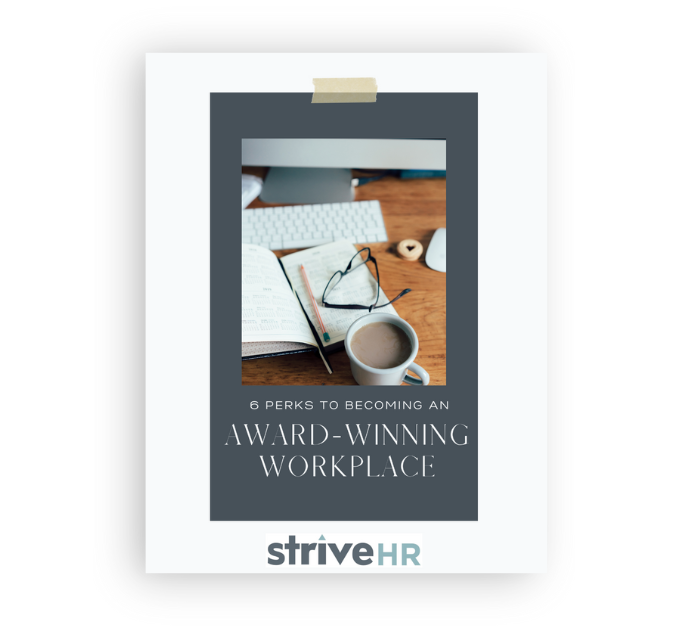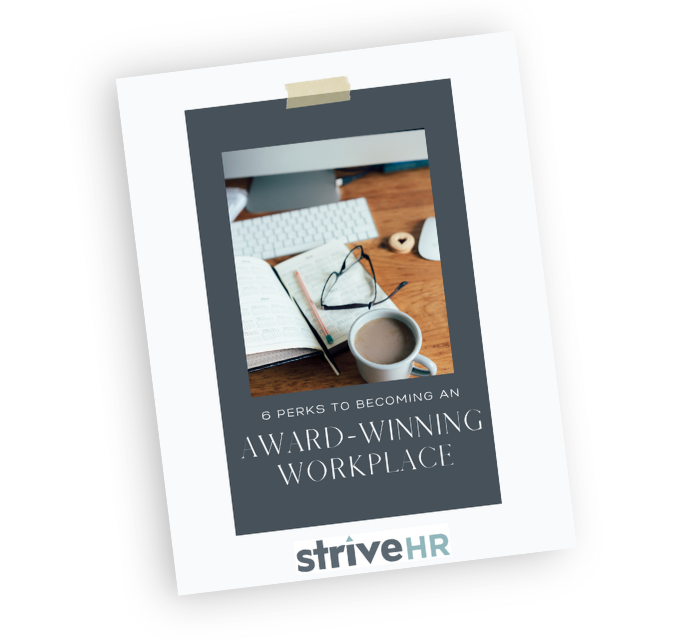You can’t fix what you don’t know. That’s one of the reasons we run engagement surveys in the first place, right?
But here’s the secret most leaders don’t realize: if your employees don’t trust the process before the survey even opens, the results may only scratch the surface. Or worse, they may reinforce the wrong assumptions.
Asking the right questions is important. But setting the stage for honest answers? That’s the part we don’t talk about enough.
Why the Pre-Survey Conversation Matters
Before the data rolls in, before the dashboards light up, and before the conversations about “action planning” begin, there’s a powerful opportunity to build trust.
This is the moment to invite your team into the process early, not just as survey-takers, but as culture-builders.
Employees want to know:
- Why are we doing this?
- Will my voice actually be heard?
- What’s going to happen with the results?
If we skip those questions, engagement surveys feel like yet another HR initiative that comes and goes without meaningful change. And in a time when employees are seeking authenticity and transparency, that kind of missed opportunity can hurt more than help.
Building Trust Before the Survey
Trust doesn’t magically appear when an engagement survey link lands in an employees’ inbox. It’s built, or lost, long before the first question is asked.
And trust is what determines whether employees will respond truthfully…or play it safe.
If past feedback was ignored, if promises were made and never revisited, or if employees don’t feel psychologically safe, they’ll hesitate. And that hesitation shows up in your data.
Here’s what building trust looks like before the survey opens:
- Consistent, two-way communication, not just top-down announcements
- Leadership vulnerability by being open about where things stand and what needs to improve
- A track record of acting on past feedback (even if it wasn’t perfect)
- A culture of curiosity, not blame, when discussing results
When employees trust that their voice matters and that something meaningful will happen as a result, they lean in. That’s when your engagement survey becomes a real driver of culture change, not just data.
The Message Behind the Metrics
In the chapter of Culture Impact, “Becoming an Award-Winning Workplace”, Angie Redmon talks about the stories your culture tells, whether you mean to tell them or not.
When it comes to surveys, the story starts before anyone clicks “begin.” If the only message your employees receive is “It’s survey time again!” they’ll treat it like a task instead of an invitation.
But when you take the time to set the stage, explaining what you’ve heard before, what you’re working on now, and what you hope to learn this time, you shift the dynamic from checking boxes to building culture.
You’re not just launching an employee engagement survey. You’re reinforcing the message that your culture is built on listening, learning, and improving with intention.
What to Say Before You Survey
You don’t need a complicated campaign. What you do need is clarity, consistency, and a real voice behind the message.
Here’s what to focus on before the survey launches:
1. Define and Explain the Why
Be transparent about what’s driving the survey. Is it to improve retention? Strengthen team dynamics? Understand where communication is breaking down? Let employees in on the goals.
2. Revisit the Past
If you’ve done surveys before, remind your team what you’ve learned, and what you’ve done as a result. Even the small actions and wins matter. This helps build credibility and trust.
3. Invite Input
Reinforce that every voice matters and that you’re not looking for perfect answers. You’re looking for real ones. Reassure your employees that their input is anonymous and that leadership is ready to listen.
4. Commit to Action
Be clear about what will happen after the survey. This is the work ahead of you that you are committed to acting on. Let employees know when results will be shared and how they’ll be involved in the next steps. Your employees’ trust is dependent on your follow-through.
Before You Launch, Check the Mirror
If you want honest answers, ask yourself:
- Have we communicated why this survey matters?
- Have we shown that we’ve acted on past feedback?
- Are we prepared to do something meaningful with what we learn?
Because if the answer to those is no, it’s not your survey design that needs work – it’s your pre-survey conversation.
And if you’re thinking about applying for a workplace award this year, this same rule applies. Your engagement data isn’t just a submission checkbox. It’s a reflection of how well you’ve aligned intentions with action. If employees don’t believe in the process, the results won’t tell the whole story.
You may think sending a single email when the survey opens and assume that’s enough. Spoiler alert: It’s not.
At striveHR, we walk clients through a full employee engagement communication strategy, because when you get the communication piece right, the data becomes a launchpad for improvement. Your culture will thank you.
It’s Not Just About the Survey
When engagement surveys are used well, they do more than gather data. They send a message.
A message that says:
“We care enough to ask.”
“We want to listen.”
“We’re committed to follow through.”
And when employees truly believe that message, that’s when trust begins to grow.
That’s the culture you want to build. And it starts before the first question is even asked.
Conclusion
Engagement surveys can be a game-changer for culture, but only when employees trust the process and believe their voices matter. Start the conversation well before the survey opens, and you’ll set the foundation for real progress.
When you frame the survey as part of a larger culture conversation, not just a one-time event, you build clarity, connection, and confidence. You’re not just asking for feedback – you’re inviting employees to shape the future of your workplace.
This level of impact doesn’t happen by accident – it happens with intention. And it starts with a simple question: What story do we want this survey to tell?
Whether you’re getting ready for survey season or preparing to apply for a workplace award, the right strategy can turn employee feedback into a competitive advantage. 👉 Download the free guide: 6 Perks to Becoming an Award-Winning Workplace and discover how recognition, engagement, and culture all work together to elevate your workplace.




